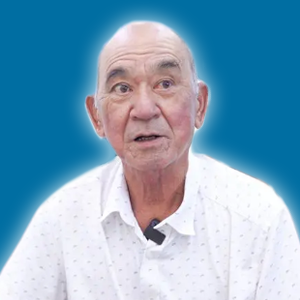What is Neck and Shoulder Pain?
Neck and shoulder pain is a condition characterized by stiffness in the shoulder and neck muscles, causing discomfort and restricted movement when turning the neck or head. Early detection and treatment are essential to prevent damage to the cervical spine, which can lead to serious musculoskeletal disorders, reduced cervical joint mobility, and negative impacts on quality of life and work productivity.

Causes of Neck and Shoulder Pain

Poor Posture
Prolonged sitting at a computer, forward head posture, leaning on a chair, sleeping in a curled-up position, or overexertion during exercise are primary causes of neck and shoulder pain.
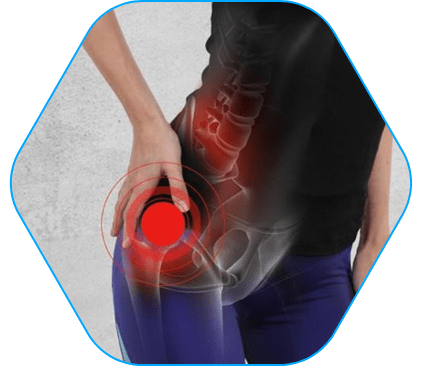
Aging
As people age, the body’s natural aging process accelerates, leading to the degeneration and reduced function of muscles, bones, and joints. Consequently, older individuals are more likely to experience neck and shoulder pain compared to younger people.
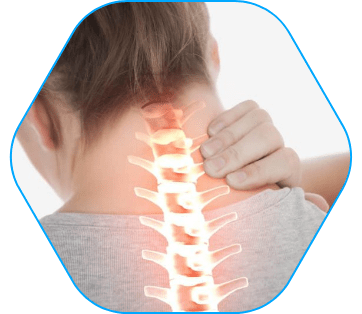
Musculoskeletal Disorders
Conditions such as herniated discs, spinal degeneration, or spinal calcification can compress nerves due to misaligned vertebrae, resulting in persistent neck and shoulder pain.
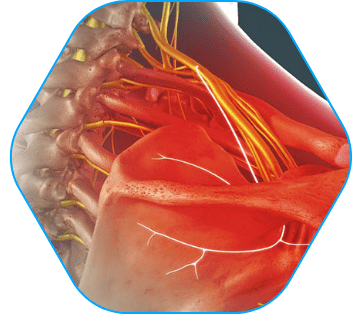
Nerve Dysfunction
Overstretching or excessive tension in the nerves of the shoulder and neck region can cause nerve dysfunction, a common contributor to chronic neck and shoulder pain.
Symptoms of Neck and Shoulder Pain
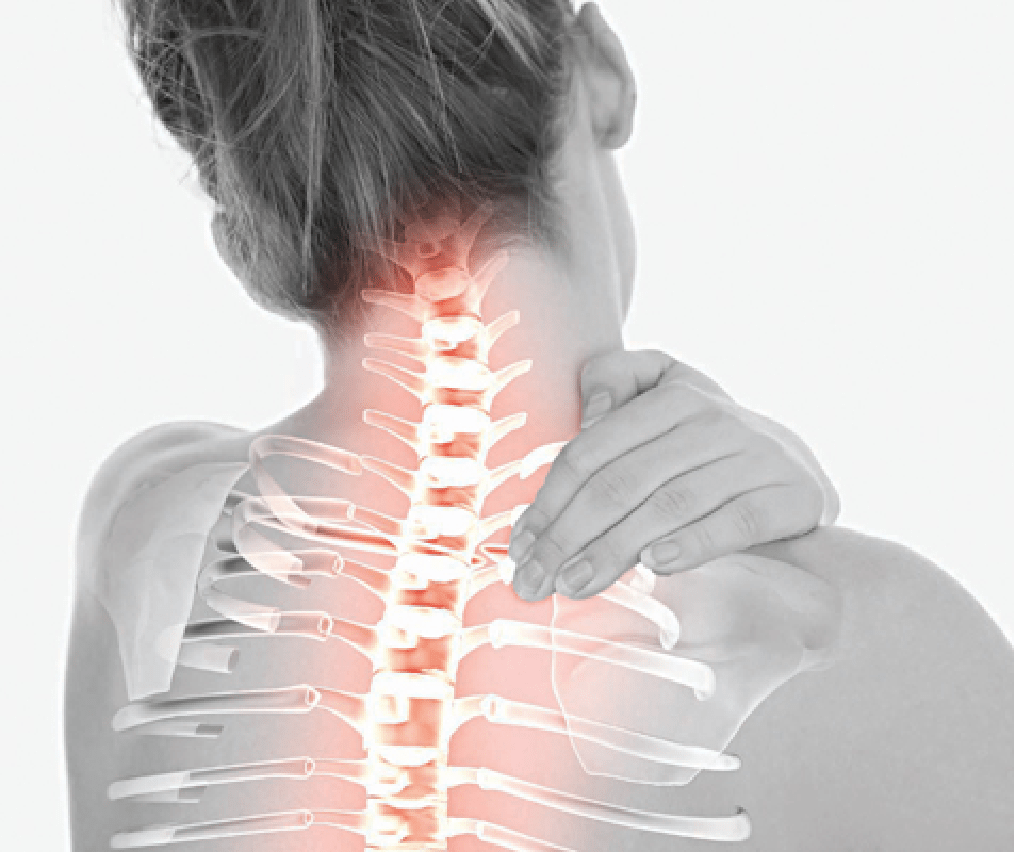
Neck and shoulder pain is common among office workers, drivers, and others who maintain a fixed neck position for extended periods. Typical symptoms include:
» Pain often occurs after waking up, heavy physical work, or prolonged sitting in a single position at a desk.
» Pain intensifies with standing, prolonged sitting, coughing, sneezing, neck movement, or weather changes.
» Pain subsides with rest.
» Pain radiates from the shoulder blade to the arm (on one or both sides), causing persistent numbness, heaviness, and difficulty moving the shoulder or arm.
» Palpation of the shoulder blade or arm reveals stiffness (a sign of heightened sensitivity).
» Sleeping on one side causes discomfort.
» Depending on the case, patients may experience additional symptoms such as dizziness, tinnitus, or blurred vision.
Complications of Neck and Shoulder Pain
Medical experts warn that neck and shoulder pain can spread to the shoulder blade or arm, causing numbness, tingling, and significant discomfort, severely impacting the patient’s quality of life.

Vestibular disorder
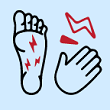
Peripheral sensory disturbance
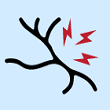
Autonomic nerve root pain
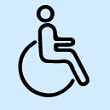
Paralysis
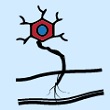
Cervical spinal cord compression

Brachial plexus injury
Non-Medicated Treatment
The treatment protocol for neck and shoulder pain at Andora Clinic – Vung Tau Therapy & Chiropractic follows the American-standard Chiropractic method, developed over 125 years. This approach effectively eliminates neck and shoulder pain without medication and is completely safe for all age groups.
Additionally, this protocol is recommended for treating musculoskeletal and spinal conditions before resorting to other medical or surgical interventions.










